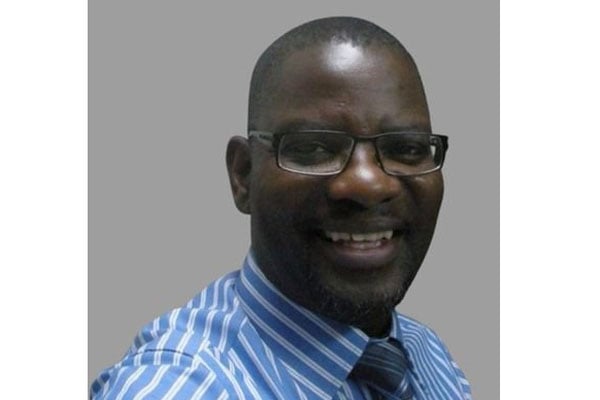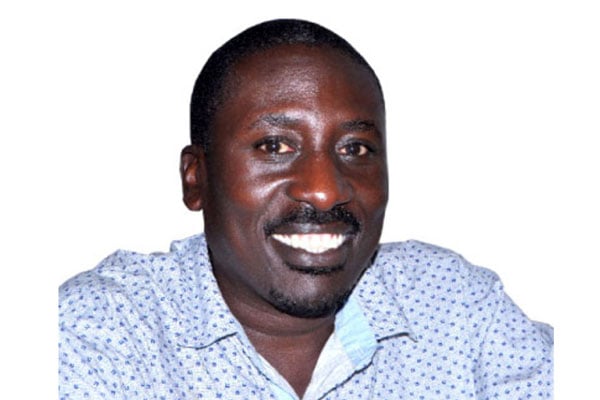
Author, Benjamin Rukwengye. PHOTO/FILE.
When people with limited financial means go shopping for anything, the decision always comes down to affordability. Let us say you need to buy shoes; the decision rarely involves how fancy the shoe looks or who the maker is. Instead, the choice usually comes down to whether to buy a single pair of good quality shoes or if it makes more sense to spread the money out among three pairs whose quality might be dodgy. Basically, you can only work within your means – everything else comes after.
The more intelligent ones usually go for the option that guarantees quality and longevity and sacrifice “drip”. Those who aren’t as intelligent usually make the other choice and pay for it. They soon find out that you can’t find shortcuts around standards. And that if you do, the cost is punishing.
For some reason, it is easy to guess what decision Uganda makes, whenever we are faced with these kinds of choices. The wrong decision. Many Kampalans, especially residents and frequent users of Gaba Road might remember the flurry of activity in the lead-up to the Non-Aligned Movement Summit hosted at Munyonyo in January. It wasn’t surprising for anyone that for a government that had submitted and won the bid to host the global event, the preparations looked no better than they would have been if we had been drafted in as hosts at the eleventh hour. We were literally planting trees a week before the opening ceremony.
There is a little strip of roadside land opposite the Gaba Catholic Parish, whose handling before and after the event, epitomizes Uganda as we know it. It had been bare for years, often used by trucks that couldn’t find space at the sand quarry next door. Those were summarily moved and replaced by flowers and trees, to, ostensibly, give the delegates a serene and decorative view.
Like the Palm trees that showed up overnight in the week of the summit and have since died from neglect, the strip is now an eyesore. Abandoned and untended, weeds have eaten up the flowers and turned them into an ugly roadside bush that looks worse than before the failed make-up job. You can find lots of examples like this – where the decisions were made in haste and did not factor in what would happen the day after. Instances where we chose the wrong option because it was easier to get away with but paid a heavy price for it. Situations where we could have made sound investments earlier but didn’t – and now continue to suffer the consequences. Why are we unable to see beyond the D-Day? Take, for example, a church that plans a mega religious event to host an alleged 3 million people but has no plan for the collection and disposal of rubbish the day after. Or the pilgrims who trek hundreds of miles to attend the said event only to appear on the news the day after it is done, decrying the lack of transport to get back home – as if they didn’t know that they would have to.
Consider how this week, the Nakivubo War Memorial Stadium was reopened after years of closure for renovations. It will mark 100 years in 2026, a major milestone, seeing as we don’t have that many entities and structures still standing all these years later. It is now, inappropriately named Hamz Stadium Nakivubo, named after the Kampala businessman, Hamis Kiggundu, who acquired it under some arrangement with the government of Uganda. It is unsightly.
In the same week, Rwanda unveiled the newly renovated Amahoro Stadium. You need to see the two facilities to know where you would rather be. To know which one will attract the real money. Nakivubo, like many ventures undertaken by the government and its close business associates, is symbolic of what happens when standards are eroded. It is what happens when all that is required is to tick off boxes on a to-do list. It wasn’t always like this. There was a time when people put in the hours. When those in charge cared about the public good and were invested in making things work. A time when there seemed to be a collective vision and identity to work toward. Now, there seems to be little care about how today’s decisions will look like tomorrow. And because nobody gets punished for it, the citizens can only endure collective punishment.
Mr Rukwengye is the founder, Boundless Minds.
@Rukwengye




